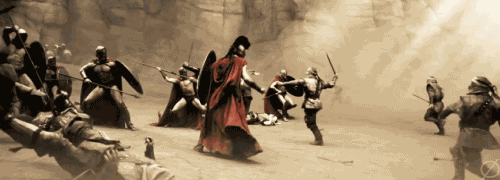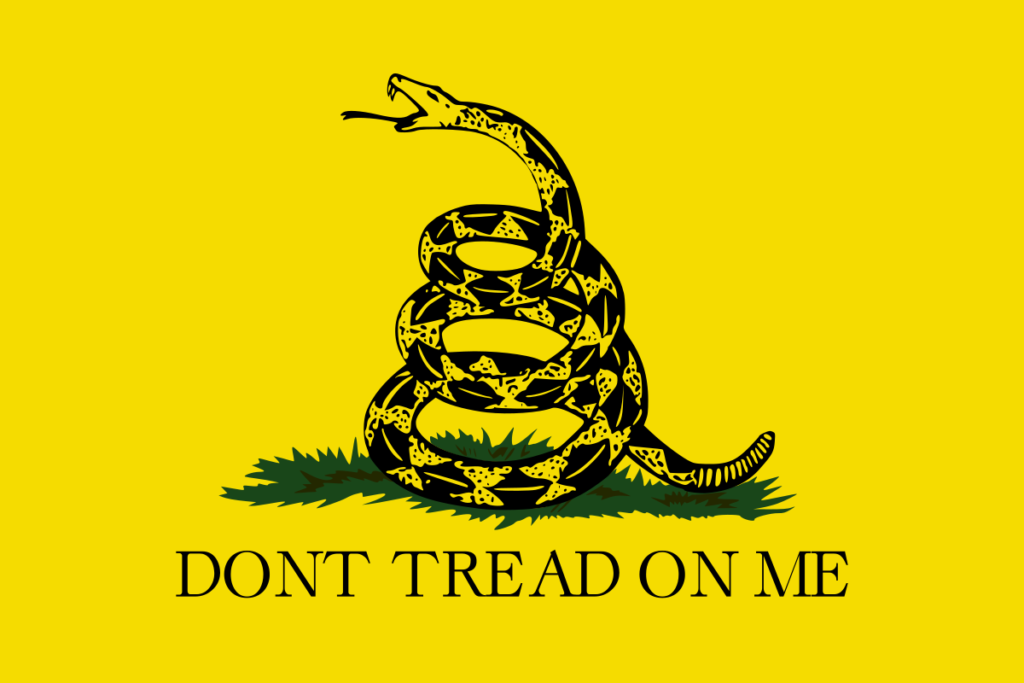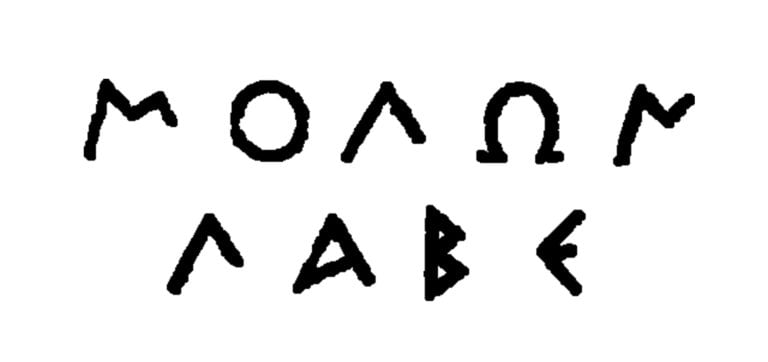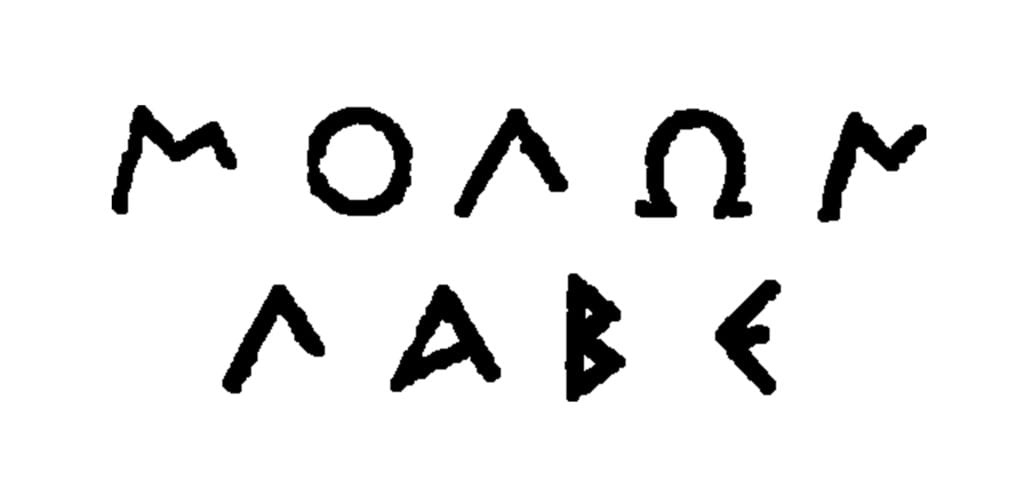You’ve seen the shield online with the “Molon Labe” tag under it.
You’ve seen the bumper stickers.
You’ve seen the tattoos even.
What does this phrase that’s become a rallying cry for gun owners mean? Why is it so important to 2nd amendment supporters today?
Let’s talk about it.
The History and Origins of Molon Labe
All the way back in 480 BC, when Persia was in the process of invading Greece and all of the Greek city-states, Sparta took the most exception to this and went to confront them. For their part, Persia was happy to do battle because they had a dramatically larger force.

King Leonidas of Sparta chose a narrow pass at Thermopylae to defend with his smaller force to prevent the Persians from bringing the full weight of their superior numbers to bear, but the situation was still essentially hopeless.
Xerxes, king of Persia saw the math of the situation was on his side and called for the surrender of the Spartan forces, demanding that Leonidas and his forces lay down their arms.
Leonidas famously responded with two words: “Molon Labe”, or “Come and take them.”
Yeah, Leonidas is basically credited with the earliest known use of “Come at me, bro.” but what a way to face down certain death.

Modern Usage of Molon Labe
Today, this sentiment has become a rallying cry for 2nd amendment supporters in America, and proponents of firearms ownership around the world. It is a reminder to those who would take away the right to bear arms that doing so is an inherently tricky proposition…an armed populace makes for a more cautious government after all.
By the way, before you go around saying it in casual conversation – watch this; you’ll thank me later.
In modern times it has become a sign that those who own firearms for defensive purpose and for the protection of themselves and their loved ones aren’t willing to surrender those firearms and shows support of firearms ownership in general.
Conclusion
What’s it mean to you?
Any other gun related terms you’d like us to discuss? Now…hold on for some Don’t Tread on Me action…







11 Leave a Reply
No step on snek
This article is about historically accurate as the movie 300...it was the Athenian General/Statesman Thermocoles that chose the Hot Gates to defend and Leonidas I obliged to lead approximately 7,000 troops that were sent there. The phrase “molon labe, is taken from “The Histories” book VII by Herodotos which was written 40 years after the battle by a man that wasn’t there. It’s also not the dialect that would have been spoken in Lakadonia at the time as Herodotos was Athenian...
Said the pedant from the back of the room.
Thank you for that clarification S-4!!,
Much appreciated!!
"Extremely accurate"? 300? Surely you jest. About the only thing they managed to get right was the basic idea of some Spartans fighting the Persian army at Thermopolae. Virtually every other thing was factually incorrect, from the weapons and equipment the Spartans used (Red Speedos? Seriously? Try 50-70 pounds of bronze armour, including breastplate, greaves, and arm-guards), to their fighting methods (especially sickening considering Leonidas fairly accurately lectures the troll about it, and then none of them ever actually fight the way a hoplite historically did, ever). Sorry, no. Just no. Not even close. It's an animated graphic novel, not history. It's the opposite of history.
If you want the real history, read Persian Fire by Tom Holland - which is pure history - and Gates of Fire by Stephen Pressfield, which is a historically accurate novelisation. Then you'll understand what *really* happened at the Hot Gates.
Great read! Thanks for putting this together.
If you spell it like this: “Moaon Aabe” you will the person who thinks they are getting authentic Japanese words tatted but they are totally fake. Never spell it that way, it is meaningless. The Greek is MOLON LABE (in English transliteration).
Hmm, then I guess the Greeks don't know or understand their own language because on the King Leonidas statue, in Sparta Greece is "Moaon Aabe" in ancient Greek text.
And, to add to that, "ΜOΛΩΝ ΛΑΒΕ" is on the emblem of the Greek First Army Corps.
"ΜOΛΩΝ ΛΑΒΕ" directly transliterated into the Roman alphabet is "MOLON LAVE", pronounced "MOH-lon LAH-veh". The literal translation is "Having come, take."
You can look it up. Start with Google Translate.
Hmm I guess you don't know Greek , what you are misinterpreting as an english A is actually a Greek L , and what you are wrongly writing as a B is actually a Greek letter "beta" pronounced V.
Yeah, these tools never get anything right.
Accent's always on the second syllable boys!